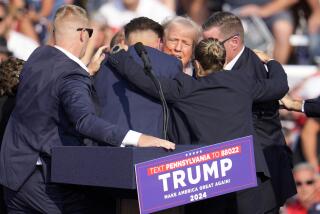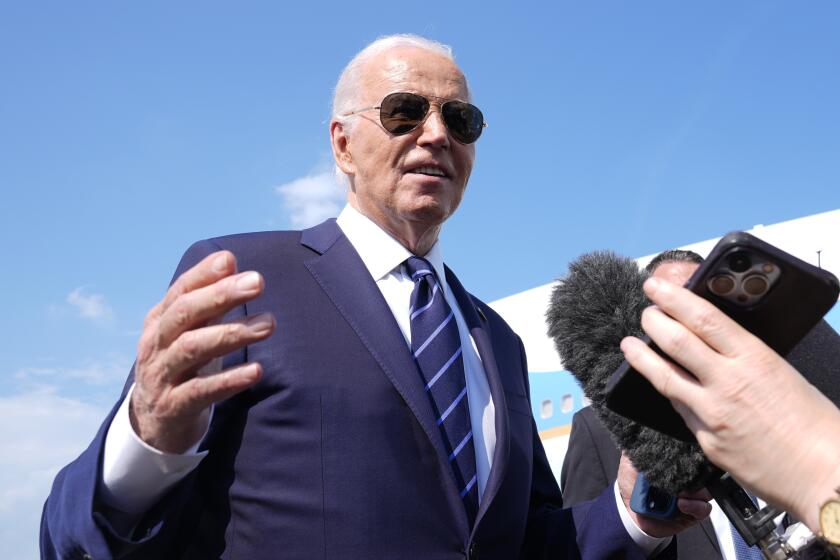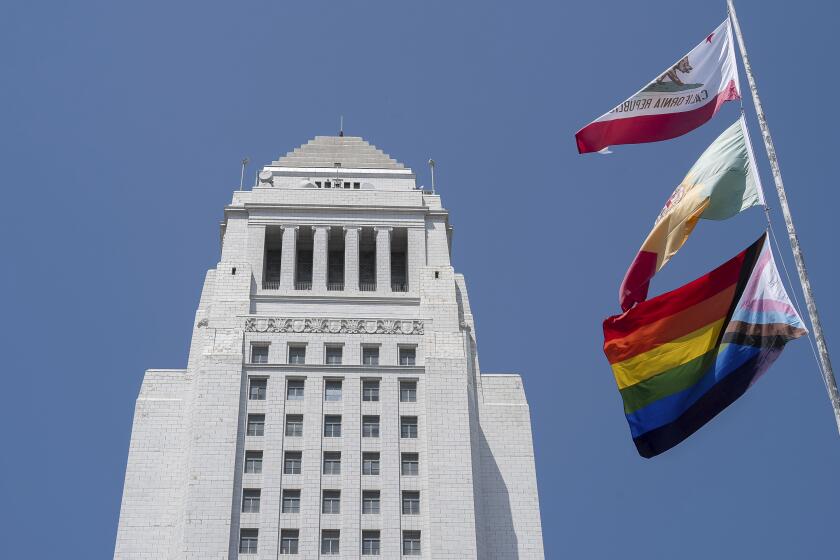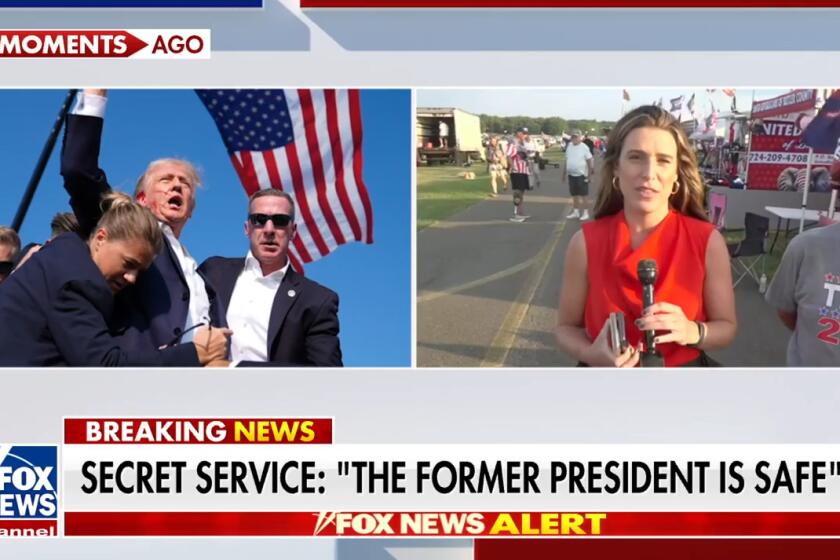Diverse opinions and a plan of action at youth summit
Matthew Hwa is fed up with the perception that today’s young people are only interested in the latest iPhone application and the collection of friends on their Facebook pages. The 16-year-old high school student is taking a hard look at the state of politics in California and is not liking what he sees.
“The politicians,” Matthew said, “are going to have to compromise more, ignore what’s on their personal agenda and do what’s best for the state. They’re also going to have to listen up a little bit. We are the next generation of leaders, and we have a voice.”
That was the prevailing message Sunday on the closing day of the first California Youth Summit, a gathering of about 175 young people representing the Junior State of America, the California YMCA Youth & Government program and the Chicano Latino Youth Leadership Project. The event was also sponsored by the Endowment for California Leadership.
High school and college students from throughout the state met over three days at the Sheraton Gateway hotel near LAX to address what they believe are the most pressing political and social issues, with the goal of turning their agenda into political action during the fall election campaign.
The event follows a recent California Youth Poll that found that students are increasingly alienated from and distrustful of state government. Among the 630 respondents, most of them members of the youth organizations, 81% said California is on the wrong track; 63% said they don’t trust their elected leaders; and 66% said local and state representatives don’t value their opinions.
They were acutely aware of another meeting being held across town, the state Democratic Convention, also in its final day at the Los Angeles Convention Center. Many students at the summit said they hoped to be role models for an older generation of Democrats and Republicans.
Among summit participants, 42% labeled themselves Democrats, but 24% said they were unaffiliated with any political party and many described themselves as moderate.
“With all the technology at our disposal, our approach is different,” said Ryan Muñoz, 17, a senior at Santa Fe High School in Santa Fe Springs. “We can be less partisan, less confrontational and work better together.”
Still, the summit featured plenty of diverse opinions, especially over hot-button issues such as immigration and the legalization of marijuana.
On marijuana, for example: “Morally and ethically it goes against what our founding fathers taught us,” said Matthew, who attends Servite High School in Anaheim. “But practically, the money from taxing it could really help the state.”
Juan Mora said he was encouraged that he was able to change some minds about immigration reform.
“I think there’s a tendency in California, especially for youth, to go with the flow and not take time to think on their own,” said Juan, 17, a student at Ganesha High School in Pomona. “But when I talked about immigration roundups and breaking up of families, I think they understood.”
After votes were tallied, the youths’ top priorities were:
* Kindergarten through 12th-grade education: increasing the number of college counselors, eliminating school overcrowding and funding more extracurricular activities
* Higher education: improving opportunities for middle- and lower-class students, and increasing funding for the University of California campuses that accept the most California students
* Budget reform: cutting wasteful spending, boosting education funding, and legalizing and taxing marijuana
* Social equality: equal pay and other measures to close the gender gap, higher taxes for the wealthy, and marriage and adoption rights for homosexuals
* Immigration: speeding up the process to become a resident and awarding residency to high school graduates who continue on to higher education
“It’s a first step,” Gary K. Hart, a former California secretary of education, said of the summit, which he attended. “I was part of a generation during the 1960s who influenced civil rights and the Vietnam War. This generation has the opportunity to make a difference.”
More to Read
Get the L.A. Times Politics newsletter
Deeply reported insights into legislation, politics and policy from Sacramento, Washington and beyond. In your inbox three times per week.
You may occasionally receive promotional content from the Los Angeles Times.







